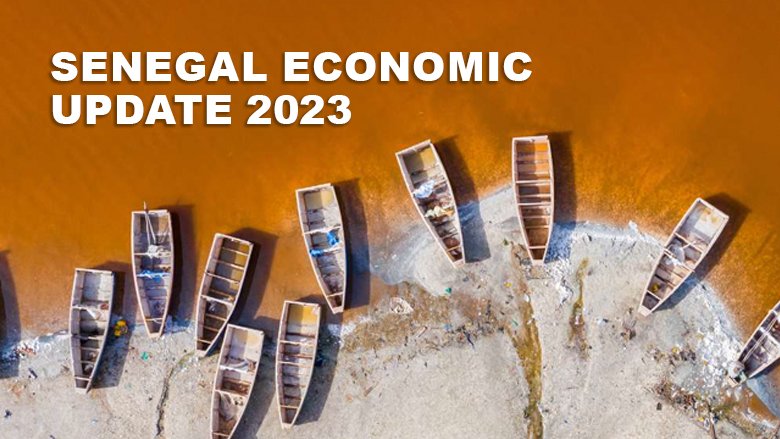DAKAR, June 21st, 2023 - Senegal's economic growth slowed in 2022, against a backdrop of rising world commodity prices, says the World Bank in its 2023 Senegal Economic Update.
A decline in private investment and exports, as well as a contraction in the agricultural sector and industrial production, are at the root of this slowdown. The result is a deceleration in real GDP growth in 2022 of 4.2%, after a strong recovery post COVID 19 in 2021 at 6.5%.
“The country's growth remains resilient despite multiple crises, and the macroeconomic outlook is favorable. However, this growth needs to be more inclusive, given the inflation that has accentuated poverty in 2022”, said Keiko Miwa, World Bank Country Director for Cabo Verde, Gambia, Guinea-Bissau, Mauritania, and Senegal.
Strong inflationary pressures, with a significant impact on low-income households, led to shock mitigation measures, which combined with borrowing by state-owned enterprises, mainly to finance investment in the oil and gas sector, resulted in an increase in public debt in 2022.
The macroeconomic outlook, while subject to considerable variability, is nonetheless favorable. This should result in a rebound in growth to 9.9% in 2024, driven by strong industrial production marked by the start of hydrocarbon exploitation.
"Fiscal consolidation is a priority for Senegal in view of the tightening of financial conditions on regional and international markets. It will enable a gradual reduction in the high debt-to-GDP ratio after 2023. The overall risk of over-indebtedness remains moderate, but it is important to have room for maneuver to deal with unfavorable economic conditions," emphasizes Hélène Aminatou Ba, Country Economist at the World Bank and one of the main authors of the report.
The thematic chapter of the report concentrates on the possible policy responses to the needs of vulnerable groups, with a view to improving their resilience to shocks. Poverty reduction policies targeting only poor populations could prove ineffective in the event of shocks, as they exclude those vulnerable to poverty. Ensuring inclusive growth in the face of recurring shocks is a major challenge that the country will have to face.
On the other hand, the normalization of international commodity prices, a favorable institutional environment, the use of public-private partnerships to finance public investment and increased foreign direct investment in hydrocarbon development should, according to the report, favor an imminent rebound in the secondary sector.

